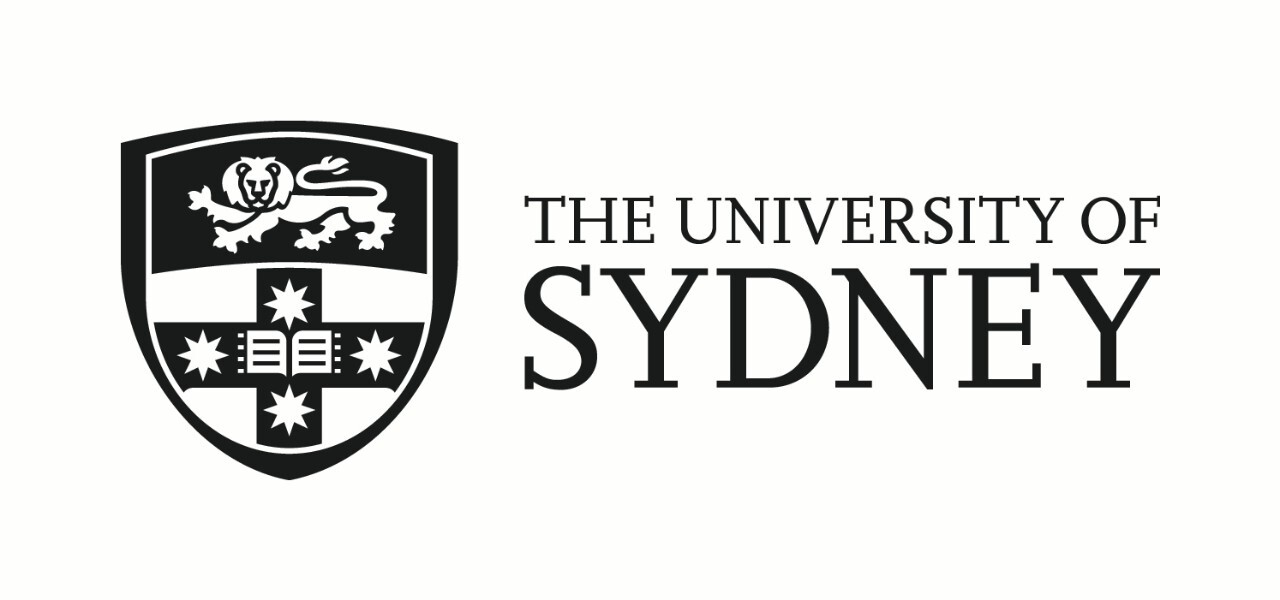




The schedule of the sessions themselves can be found directly below.
1): Demonstrating VabricBeads - Jefferson Pardomuan, Shio Miyafuji, Nobuhiro Takahashi and Hideki Koike
2): Metacognition-EnGauge: Real-time Augmentation of Self-and-Group Engagement Levels Understanding by Gauge Interface in Online Meetings - Ko Watanabe, Andreas Dengel and Shoya Ishimaru
3): RadioMe: Adaptive Radio with Music Intervention and Reminder System for People with Dementia in Their Own Home - Patrizia Di Campli San Vito, Xiaochen Yang, James Ross, Gözel Shakeri, Stephen Brewster, Satvik Venkatesh, Alex Street, Jörg Fachner, Paul Fernie, Leonardo Muller-Rodriguez, Ming Hung Hsu, Helen Odell-Miller, Hari Shaji, Paulo Vitor Itaborai, Nicolas Farina, Sube Banerjee, Alexis Kirke and Eduardo Miranda
4): E-Scooter Dynamics: Unveiling Rider Behaviours and Interactions with Road Users through Multi-Modal Data Analysis - Hiruni Kegalle, Danula Hettiachchi, Jeffrey Chan, Flora Salim and Mark Sanderson
5): PairPlayVR: Shared Hand Control for Virtual Games - Hongyu Zhou, Pamuditha Somarathne, Treshan Ayesh Peirispulle, Chenyu Fan, Zhanna Sarsenbayeva and Anusha Withana
6): Tuning Infill Characteristics to Fabricate Customizable 3D Printed Pressure Sensors - Jiakun Yu, Praneeth Perera and Anusha Withana
1):How do people control the "self" for motion? Investigation of the effects of pneumatic gel muscle intervention on motion self-control and ego depletion in emotional self-control - Chiaki Raima and Yuichi Kurita
2): Exploring relationship between EMG, confusion and smoothness of work progress in assembly tasks - Tzu-Yang Wang, Suyeong Rhie, Mai Otsuki, Hideaki Kuzuoka and Takaya Yuizono
3): Put Our Mind Together: Iterative Exploration for Collaborative Mind Mapping - Ying Yang, Tim Dwyer, Zachari Swiecki, Benjamin Lee, Michael Wybrow, Maxime Cordeil, Teresa Wulandari, Bruce H Thomas and Mark Billinghurst
4): In-the-Wild Exploration of the Impact of the Lunar Cycle on Sleep in a University Cohort with Oura Rings - Shota Arai, Andrew Vargo, Benjamin Tag and Koichi Kise
5): Personalizing Augmented Flashcards Towards Long-Term Vocabulary Learning - Yuichiro Iwashita, Andrew Vargo, Motoi Iwata and Koichi Kise
6): Lumbopelvic ratio based screening tool for Lumbar health assessment - Gunarajulu Renganathan and Yuichi Kurita
7): Spatial feature optimization through a genetic algorithm in a sensory-association-based brain-machine interface - Hikaru Tsunekawa, Yasuhisa Maruyama, Laura Alejandra Martinez-Tejada, Kazutoshi Hatakeyama, Tomohiro Suda, Chizu Wada, Takumi Inomata, Kimio Saito, Yuji Kasukawa, Naohisa Miyakoshi and Natsue Yoshimura
8): Owl-Vision: Augmentation of Visual Field by Virtual Amplification of Head Rotation - Michiteru Kitazaki, Ryu Onodera, Junya Kataoka, Yasuyuki Inoue, Yukiko Iwasaki and Gowrishankar Ganesh
9): Augmenting Sleep Behavior with a Wearable: Can Self-Reflection Help? - Hannah Nolasco, Andrew Vargo, Marc Moreeuw, Toma Hara and Koichi Kise
10): Motor Enhancement through an Individually Optimized Imperceptible Vibration Stimulation - Takashi Suzuki
11): Creating viewpoint-dependent display on Edible Cookies - Takumi Yamamoto, Biyon Fernando, Takashi Amesaka, Anusha Withana and Yuta Sugiura
12): QA-FastPerson: Extending Video Platform Search Capabilities by Creating Summary Videos in Response to User Queries - Kazuki Kawamura and Jun Rekimoto
13): Aged Eyes: Optically Simulating Presbyopia Using Tunable Lenses - Qing Zhang, Yoshihito Kondoh, Yuta Itoh and Jun Rekimoto